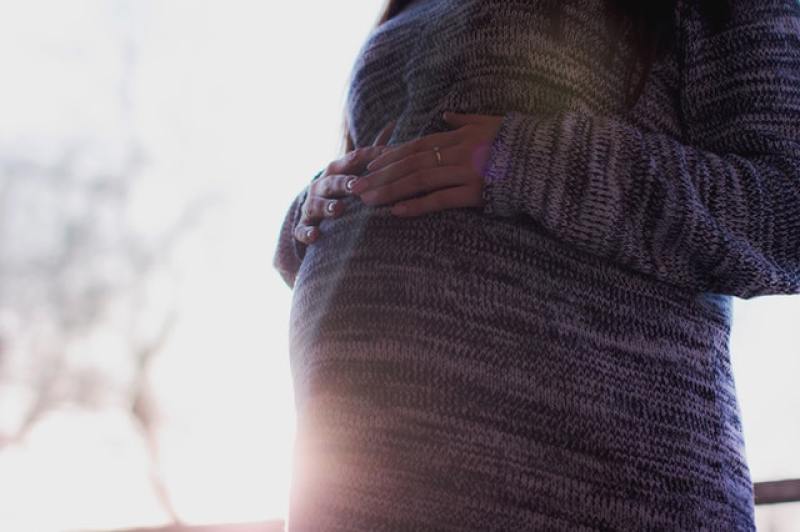
Two studies released by the Harvard Business Review reveal that women who experience "pregnancy discrimination" are more prone to have postpartum depression and their babies exhibit its negative similar impact.
Pro-life news site Live Action News reported that thousands of the 85% of women who will experience pregnancy while being in the workforce have been "impacted by pregnancy discrimination" according to the United States Equal Employment Opportunity Commission and studies released by the Harvard Business Review.
"Researchers found that the added stress from pregnancy discrimination correlated with a higher risk of experiencing postpartum depression. But researchers were surprised to learn that the children of these women appeared to be affected by their mothers' added stress, as they were more likely to be born early, to have a low birth weight, and to require extra doctor visits in the first few weeks after birth when compared to the children of women who did not experience pregnancy discrimination," the pro-life outlet said.
"When researchers followed up with these women and their children several years later, they found that the babies had essentially 'caught up' and did not have any long-lasting negative impacts. However, the women themselves continued to be in poorer health, to struggle with depressive symptoms, and to report heightened levels of parental stress. The takeaway message? '(P)regnancy discrimination can have long-term consequences on a mother's health'," the organization added.
The Harvard Business Review pointed out that there has been a total of 15,000 claims on pregnancy discrimination over the last five years despite it being prohibited by law. Pregnancy discrimination involves restrained promotions, reduced salaries, and social capital of a pregnant employee.
The study, "Examining The Effects Of Perceived Pregnancy Discrimination On Mother And Baby Health," was published in the Journal of Applied Psychology. It aimed to "examine the role of perceived pregnancy discrimination in the workplace on health outcomes for mothers and their babies via mother's stress." The study highlighted that there are 50,000 cases of pregnancy discrimination in the last decade, which Live Action News raised was not surprising considering the culture of death that has become prevalent due to abortion.
"A culture that normalizes abortion will of necessity perpetuate pregnancy discrimination in the workplace as pregnancy is viewed as a 'personal choice' women make rather than as the vital continuation of the human race," the outlet stressed.
A solution to pregnancy discrimination is for managers to be really familiar with their company's benefits for employees so as to ensure the employee receives it. Managers are also urged to maintain "open and honest dialogue" with their company's pregnant employees so as to see how to assist them in every step of the pregnancy such as reducing workload, providing more breaks, and so on.
Another assistance could be by offering pregnant employees an alternative working arrangement such as allowing them to work from home or to work on a more flexible time. Managers should also encourage coworkers to provide social support to pregnant employees so as to lower the risk of postpartum depression and to shorten the recovery period from giving birth.



















